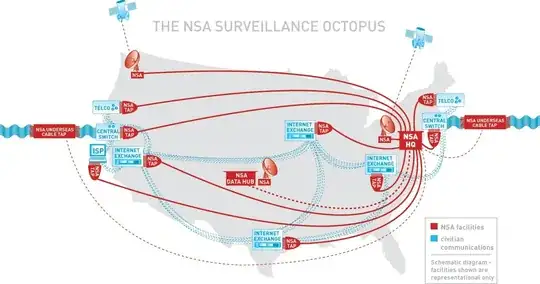I've often heard it said that if you're logging in to a website - a bank, GMail, whatever - via HTTPS, that the information you transmit is safe from snooping by 3rd parties. I've always been a little confused as to how this could be possible.
Sure, I understand fairly well (I think) the idea of encryption, and that without knowing the encryption key people would have a hard time breaking the encryption. However, my understanding is that when an HTTPS connection is established, the encryption key is "discussed" between the various computers involved before the encrypted connection is established. There may be many factors involved in choosing an encryption key, and I know it has to do with an SSL certificate which may come from some other server. I do not know the exact mechanism.
However, it seems to me that if the encryption key must be negotiated between the server and the client before the encryption process can begin, then any attacker with access to the network traffic would also be able to monitor the negotiation for the key, and would therefore know the key used to establish the encryption. This would make the encryption useless if it were true.
It's obvious that this isn't the case, because HTTPS would have no value if it were, and it's widely accepted that HTTPS is a fairly effective security measure. However, I don't get why it isn't true. In short: how is it possible for a client and server to establish an encrypted connection over HTTPS without revealing the encryption key to any observers?

